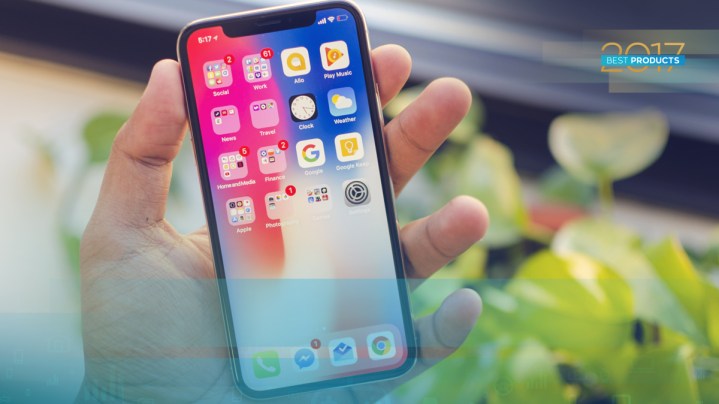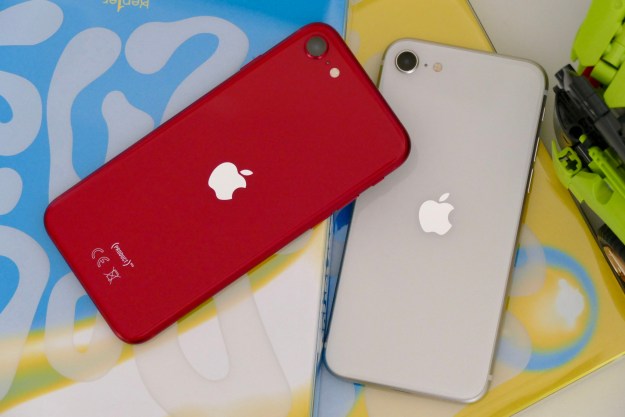
Rather, anytime one of these requests comes through, the account holder (or “family organizer”) must input his or her Apple account password, approving each purchase attempt one by one.
This is particularly frustrating because users previously were able to approve purchases with the touch of a button with Touch ID devices. But because the iPhone X doesn’t have this same functionality, that option no longer exists. And while you can use Face ID to authenticate other purchases, oddly enough, you can’t use it to authenticate purchases made … in the App Store (unless you make them yourself).
Although this may not seem like that significant of a nuisance, it could prove to be rather cumbersome for folks with big families, or around the holidays. After all, if members of your family receive App Store gift cards and try to use them, you’ll have to approve each of these transactions individually. It’s also a rather odd holdup given the otherwise easy transition from Face ID to Touch ID. Many third-party apps that previously used Touch ID automatically moved over to Face ID for iPhone X owners, making Apple’s own oversight here even more jarring.
That said, Face ID hasn’t been without its hiccups, which may be why Apple is attempting to be super cautious in this case. Apple has admitted that Face ID can be duped by one family member bearing a strong resemblance to another, and there’s even been a case of a child unlocking a parent’s phone using the authentication method.
In any case, it’s becoming increasingly apparent that biometric security measures, while convenient, aren’t always altogether effective. And Apple is just one of many companies still looking to get it right.
Editors' Recommendations
- This is the iPhone concept of my dreams
- I found an amazing new way to use my iPhone 15 Pro Max
- Are you having iPhone alarm problems? A fix is coming soon
- Nomad’s new iPhone case and Apple Watch band may be its coolest yet
- 5 phones you should buy instead of the iPhone 15


